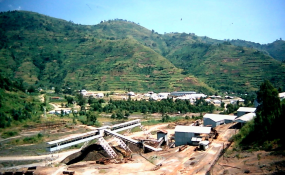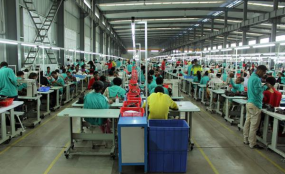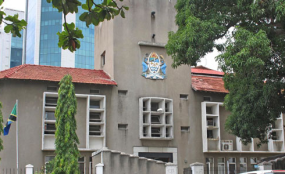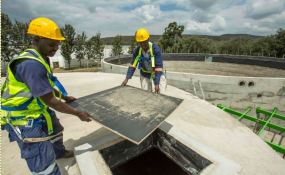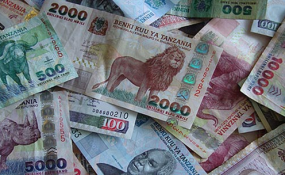By Burhani Yakub
Tanga — Twelve people died as 34 survived after their Pemba-bound dhow, which they boarded in Tanga, capsized in the Indian Ocean due to what has been termed “poor weather”.
Tanga Regional Police commander Benedict Wakulyamba said the mishap occurred near Jambe Island, which is not far from the Tanga coastline, at around 2am.
Mr Wakulyamba further said the 34 survivors were rescued by fishermen who happened have been near the point at which the tragedy struck.
He added police are still looking for six other travellers who have been presumed dead, while those who were rescued have been admitted to Bombo Regional Hospital. “A total of 34 people out of 52 people who were aboard the dhow were rescued while 12 bodies were recovered… we are still looking for the missing travellers,” said Mr Wakulyamba.
The police boss said the dhow left Tanga at midnight, having sailed off from an unofficial port located at Sahare.
Speaking to The Citizen, some of the survivors said they left at around 1.15am.
According to Mr Mkubwa Yusuph Hassan (55), one of the survivors, there were 52 passengers as well as cargo, which included rice, potatoes, beans and beer cartons.
Mr Hassan added that the captain of the dhow lost control of the vessel after it was hit by strong waves.
For his part, Mr Mussa Isah Mohamed,37, who was travelling alongside his son, said he saved his life after swimming to one of the fishermen’s boats.
Unfortunately, he said, his son and his brother were not so lucky. “I’m still grieving, I couldn’t save either my son or my brother; the whole thing happened so fast that I couldn’t do anything,” said Mr Mohamed crying.
For his part, an official with the Surface and Marine Transport Regulatory Authority (Sumatra), Dr Walukani Luhamba, based in Tanga, accused some boat operators of violating rules and regulations that guide sea travel.
Meanwhile, President John Magufuli yesterday sent his condolences to the regional commissioner and families of 12 people who lost their lives in the dhow accident.
“I’ve been shocked and saddened by the news of the deaths of our fellow Tanzanians. I ask the regional commissioner to convey my deepest condolences,” he said.



